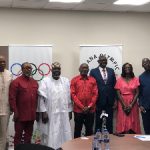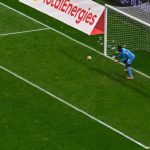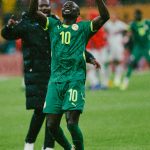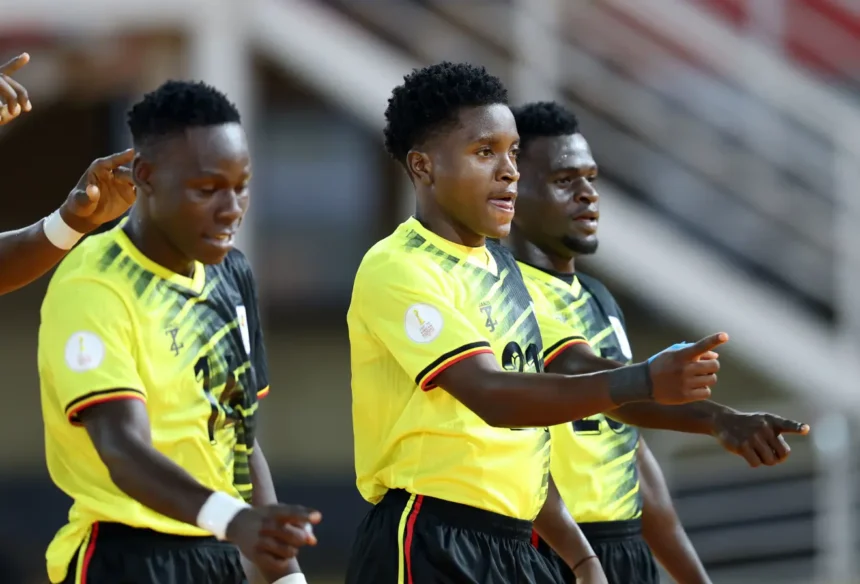Uganda seized control of Group C with a disciplined 2-0 triumph over Niger at the Nelson Mandela National Stadium on Monday evening, the co-hosts moving to the summit of their pool and taking a significant stride towards the quarter-finals.
Allan Okello shook off the disappointment of a saved penalty to head the hosts in front midway through the first half, before Joel Sserunjogi’s superb strike just before the hour mark sealed a victory that represents Uganda’s best-ever CHAN campaign.
The result, combined with South Africa’s earlier 2-1 victory over Guinea, leaves the co-hosts sitting pretty at the top with six points from three matches. Algeria remain second on four points from two games, with South Africa also on four points but having played an additional fixture. Guinea drop to third with three points from three outings, whilst Niger prop up the table without a point to their name.
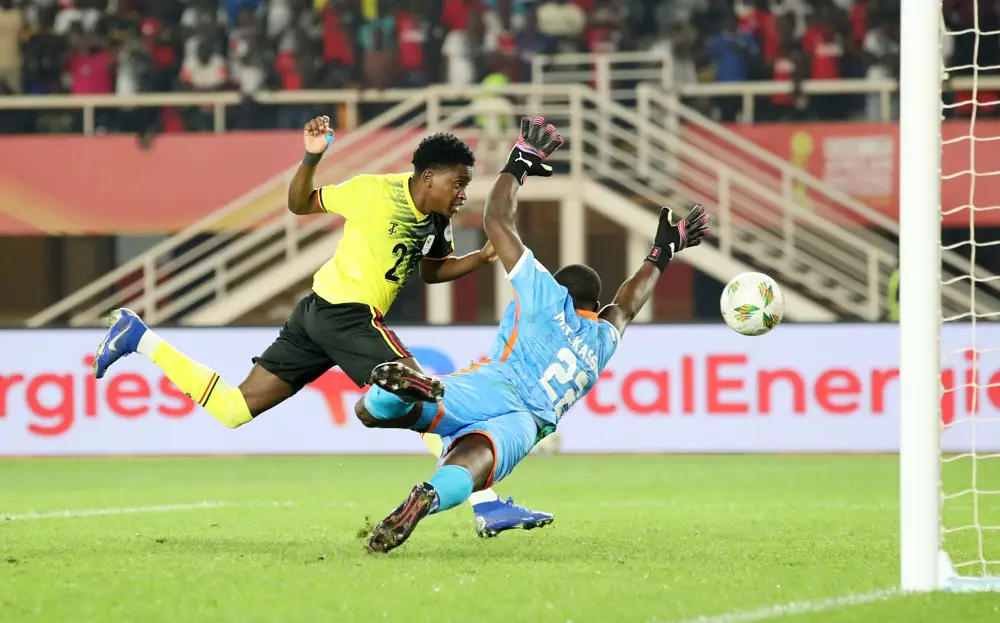
Morley Byekwaso’s charges approached this crucial encounter with the confidence that comes from back-to-back victories, and their early play suggested they were determined to maintain that momentum.
The Cranes adopted a purposeful 4-3-3 formation that allowed them to stretch the Niger defence through width, with Jude Ssemugabi causing particular problems down the flanks. The forward twice found himself in promising positions during the opening exchanges, first heading wide from Herbert Achayi’s cross on 11 minutes before nodding just off target early in the second period.
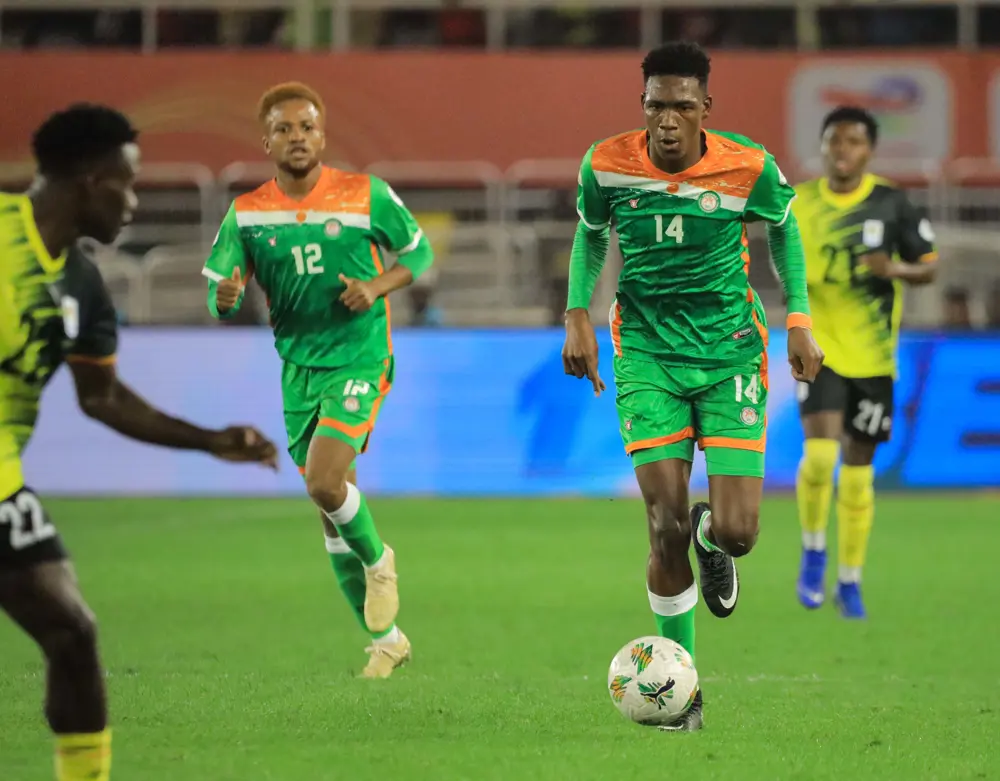
Enock Ssebagala provided the driving force from midfield, his energy and distribution helping Uganda establish territorial dominance during the opening quarter.
The game’s pivotal moment arrived on 20 minutes when Reagan Mpande was brought down inside the Niger penalty area. After a VAR review confirmed the offence and resulted in a booking for Adamou Djibo, Okello stepped up to take responsibility from 12 yards.
However, Mahamadou Tanja proved equal to the task, diving smartly to his left to palm away Okello’s left-footed effort and keep his side level.
Lesser players might have allowed such a setback to affect their performance, but Okello demonstrated impressive mental strength by refusing to let the miss knock his confidence.
Just two minutes later, the Uganda striker was in the right place at the right time to capitalise on sustained pressure in the Niger penalty area. Getting across his marker inside the six-yard box, Okello stooped to head home from close range and restore the noise levels inside the stadium.

It was a striker’s reaction that perfectly encapsulated Uganda’s refusal to be denied in front of their home support, and the goal provided the platform for what would prove a commanding display.
Niger were far from passengers in this contest, however. Joel Mutakubwa was forced into action on 27 minutes to push away Mohamed Abdouramane’s firm header, whilst the same player tested the Uganda goalkeeper again deep into stoppage time.
Between those efforts, the visitors struggled to create clear-cut opportunities, with both Abdoul-Latif Goumey and Chamsoudine Loukmane Ali failing to hit the target from promising positions.
Uganda’s second goal perfectly illustrated their ability to hurt opponents on the counter-attack. Winning possession in midfield, Okello demonstrated his growing influence by carrying the ball forward before threading a perfectly weighted pass into the path of Sserunjogi.
The winger took one touch to steady himself before unleashing a fierce drive into the top-left corner from the edge of the six-yard area nine minutes before the hour mark.
It was a strike of genuine quality that gave the scoreline the breathing space Uganda’s play deserved, and capped an excellent individual display from Okello, who had now both scored the opener and created the second.
Byekwaso had demanded tactical discipline and a clean sheet from his players before kick-off, and he received both in abundance.
Centre-backs Gavin Kizito and Hilary Mukundane were commanding under the high ball throughout, whilst full-back Achayi struck the perfect balance between attacking ambition and defensive responsibility. Even when Niger enjoyed their best spell through a series of corners midway through the second half, Uganda’s defensive structure remained intact.
Mutakubwa’s assured handling under pressure during the closing stages helped steady any nerves as legs began to tire, ensuring Uganda maintained their concentration when it mattered most.
The Uganda coach also demonstrated his tactical acumen from the touchline. When Ssebagala was forced off through injury, Elvis Ngonde was introduced on 56 minutes to shore up the left flank. Patrick Kakande later replaced the influential Okello with 13 minutes remaining to add fresh legs in midfield, before Arafat Usama and Ivan Ahimbisibwe were brought on deep into stoppage time to help run down the clock.
Niger’s substitutions brought renewed energy to their play, particularly through Salifou Danja’s deliveries from the right wing and the introduction of Théodore Jules, but Uganda’s defensive shape rarely looked in serious danger of being breached.
Discipline remained a constant theme throughout Uganda’s performance. Despite Sserunjogi’s early booking and a sequence of Ugandan fouls either side of half-time that invited pressure, the defensive unit protected the penalty area superbly and kept shooting lanes narrow for their opponents.
Niger’s clearest opportunities came from set-piece situations rather than flowing moves, a testament to Uganda’s organisational excellence.
This victory represents a remarkable transformation for Uganda, who have now recorded two wins and two clean sheets since their opening-day reverse against Algeria. The Cranes sit proudly at the Group C summit with their destiny firmly in their own hands heading into the final round of fixtures.
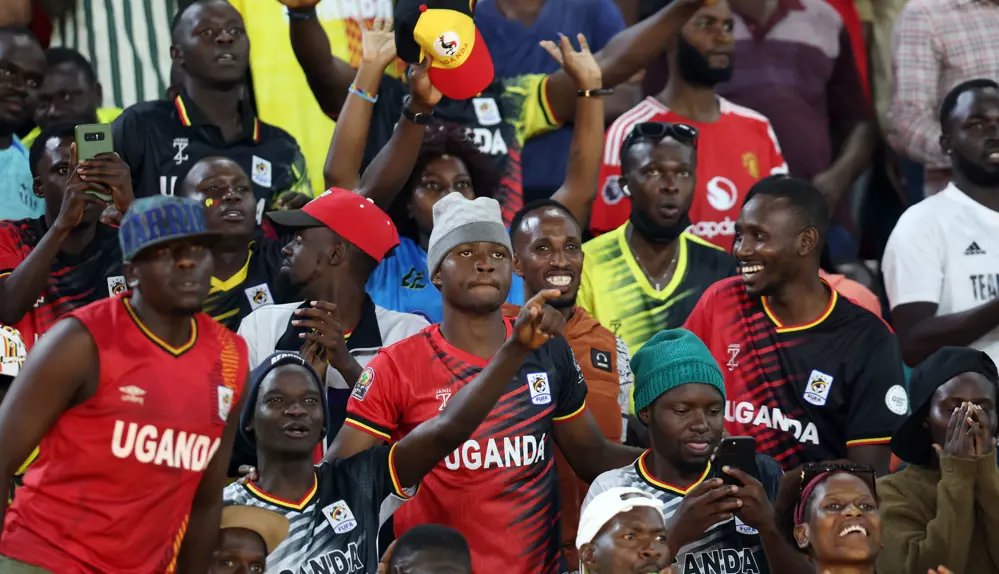
Okello has emerged as a genuine star of the tournament with two goals and an assist to his name, whilst Sserunjogi’s contribution both defensively and in attack has been equally valuable.
For Niger, this second consecutive defeat without finding the net leaves them rooted to the bottom of the group and facing an uphill battle to avoid an early tournament exit. Harouna Doulla’s team showed they could create pressure from set-pieces and forced late saves from Mutakubwa, but their lack of precision in the final third proved costly.
The concession of the VAR-awarded penalty that changed the game’s complexion will also provide food for thought as they prepare for their remaining fixtures.
On this evidence, Uganda’s transformation under Byekwaso continues apace as they make the most of co-hosting duties alongside Tanzania and Kenya. The tactical clarity and defensive solidity he demanded has been delivered in abundance, and Group C now appears to run through Kampala.


